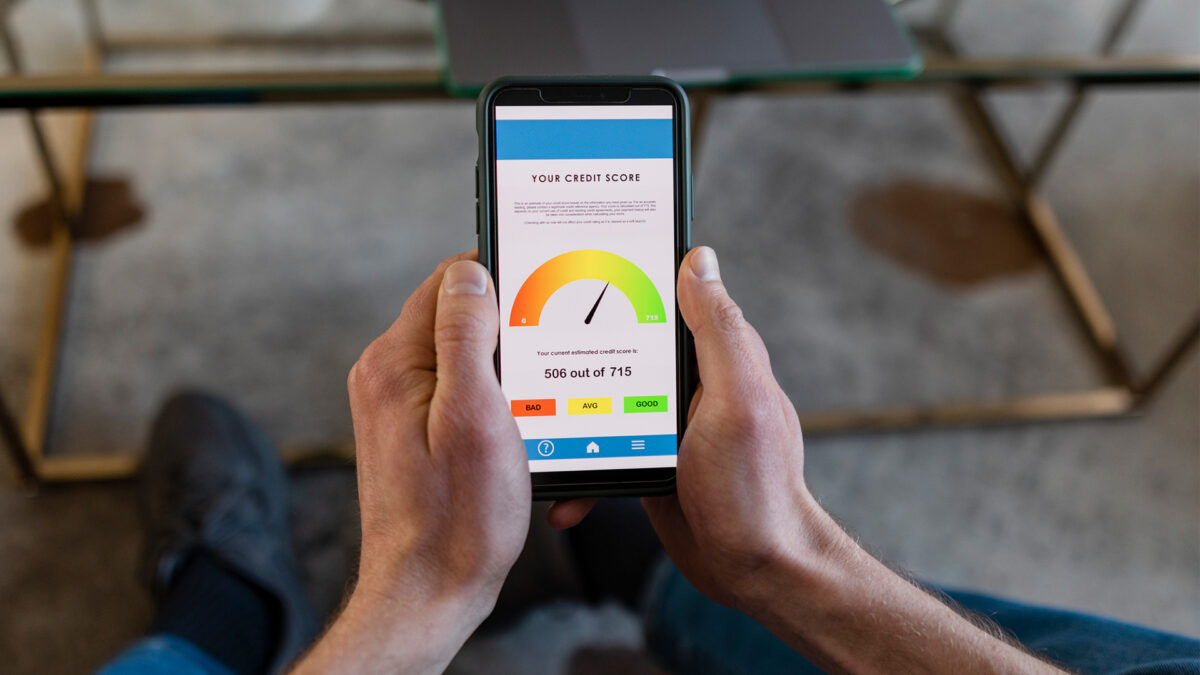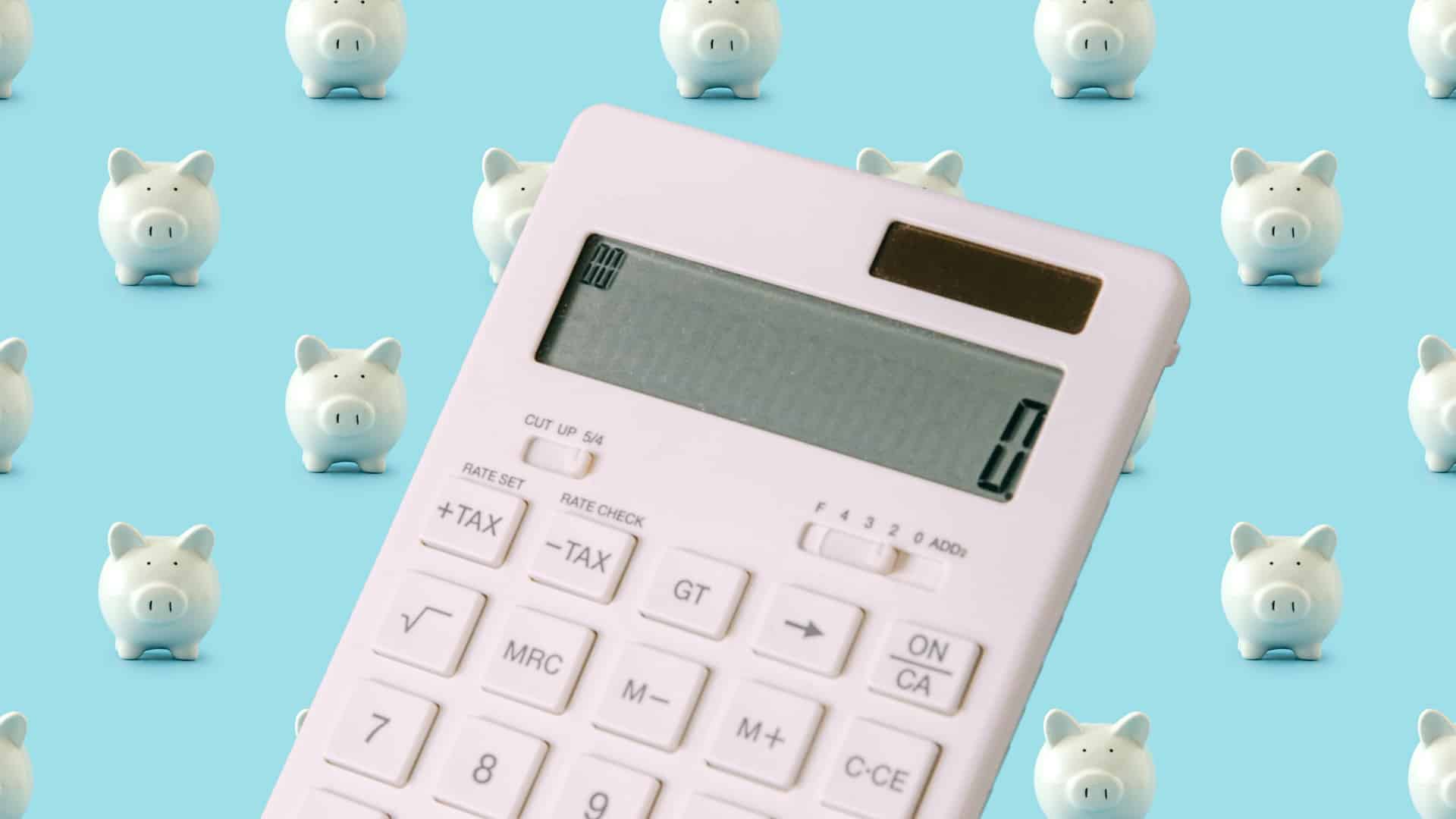Most products on this page are from partners who may compensate us. This may influence which products we write about and where and how they appear on the page. However, opinions expressed here are the author's alone, not those of any bank, credit card issuer, airline or hotel chain.
Having an excellent credit score can be a determining factor in getting approved for lines of credit and loans at a much lower interest rate than someone with bad or fair credit. And less interest means more savings over the life of the loan. If you have an 850 credit score — the highest credit score possible — you can expect to pay the lowest interest rate lenders offer. It also means upping your approval odds from many different lenders.
But how many people actually get the highest credit score? And is hitting that mark something you should reach for? Here’s what impacts your credit and why striving for perfection doesn’t always matter.
What Is the Highest Credit Score Possible?
The highest credit score is 850 on both FICO® and VantageScore scoring models. Here’s how each model lays out their rankings.
FICO®
- Exceptional: 800-850
- Very Good: 740-799
- Good: 670-739
- Fair: 580-669
- Poor: 300-579
VantageScore
- Excellent: 781-850
- Good: 661-780
- Fair: 601-660
- Poor: 500-600
- Very Poor: 300-499
While it’s uncommon for folks to get a perfect credit score, Experian says that 1.31% of all FICO® scores were 850 as recently as 2021. It’s possible to get the highest credit score available right now, but you don’t need to reach perfection to get the best credit and lending options available.
 Related Article
Related Article
5 Credit Card Myths Hurting Your Credit Score
How Are Credit Scores Calculated?
There are two major credit scoring models: FICO® and VantageScore. While you might see VantageScore when checking your own credit score through your bank or budgeting app, FICO® is more widely used among credit issuers and lenders.
Both FICO® and VantageScore models range from 300 to 850, and they use the same factors to calculate those scores, including:
- Payment history. On-time payments can boost your credit score, while missing payments can cause it to tank.
- Credit utilization. Your credit use is how much credit you use in relation to how much credit is available to you across all your revolving credit accounts.
- New credit. Applying for new credit impacts your score. It normally brings it down right away but your score usually rebounds after a few months of on-time payments.
- Credit mix. This is how many different types of credit you have, like credit cards, auto loans, personal loans, home or student loans, and more.
- History of credit. The longer your credit history, the more responsible you look to lenders. A short credit history tells lenders you’re still new to credit usage.
FICO® and VantageScore weigh each of these factors differently, but they’re all important in crafting and updating your credit score.
Why Does Your Credit Score Matter?
Unless you can afford to pay for everything in cash, you might need to take out a loan or borrow money to buy a home, purchase a car, or pay for college. One of the ways banks, credit unions, and online lenders determine how much money you can borrow is by examining your credit score — a solid credit history and usage is often enough to prove you’d be a responsible borrower.
When you're applying for a loan, a higher credit score not only increases your approval odds, it also helps your chances of getting the full amount you request and the lowest interest rate offered by that lender. A lower credit score could mean you pay a higher interest rate, and in some cases, you could get denied for a loan or line of credit. If you don’t have much credit, the sooner you start using credit and showing a solid history of on-time payments, the faster your credit score will rise.
Quick Tip
Your credit score matters when it comes to any type of borrowing. In some cases, it impacts your car insurance rate or even whether you get approved to rent a house or apartment.
Is Getting Perfect Credit Worth It?
Even though a high credit score is a good plan, you don’t need to hit perfection to reap the benefits. Most lenders don’t look at the score, but rather the category your score falls into. For instance, you’ll probably get the lowest interest rate lenders offer if you have excellent or exceptional credit. That means you’ll get the same interest rate whether your score is 802 or 850.
Instead of looking to get the highest credit score possible, shoot for the best range. That should be enough for you to take advantage of the benefits offered to those with the best credit.
How to Raise Your Credit Score
If you want to aim for the highest credit score possible, you can do a few things to raise your score.
- Make on-time payments. Payment history is one of the most important factors in determining your credit score. Late payments can bring your score down, but a long history of minimum, on-time payments will boost your score.
- Keep utilization low. If you tend to max out your credit cards and carry a high balance from month to month, your score could take a tumble. Try to pay down high credit card debt, and if possible, pay off your cards in full every month. Experts recommend keeping your credit usage at 30% or less, but the lower, the better.
- Apply for credit sparingly. Try to keep credit and loan applications few and far between, as your score can drop with more or more frequent hard credit inquiries. While new credit is important in calculating your score, too many credit dings can negatively impact you. Shoot for two or less per year.
Check your credit score and reports regularly to track your progress and see how you can tweak your plan to hit that high score. Remember that credit scores fluctuate every month or more, depending on the scoring model. So even if you hit 850 one month, you could see a dip at some point.

How Multiple Credit Card Payments a Month Can Boost Your Credit Score
FAQs
-
While old scoring models went up as much as 990, the newer models max out at 850. Most mainstream credit scoring models, VantageScore and FICO®, only go up to 850, meaning you can’t get a 900 credit score.
-
While more than 1% of folks have a perfect 850 credit score, having an exceptional or excellent credit score in the 800-range is much more attainable. Showing a long history of on-time payments and keeping credit use low will help boost your score. This might take awhile, since showing a long history of being responsible with credit can take time.
-
It’s possible to get a perfect credit score, but it may take years to attain. You’ll need to have many years showcasing on-time payments, low credit utilization and an extensive history of open credit accounts. Late payments or missed payments can stay on your credit report for a few years and keep it down. Bankruptcies and debt repair can also keep your credit score down for extended periods of time. But the sooner you start fixing your credit report, the sooner your score will go up.

















